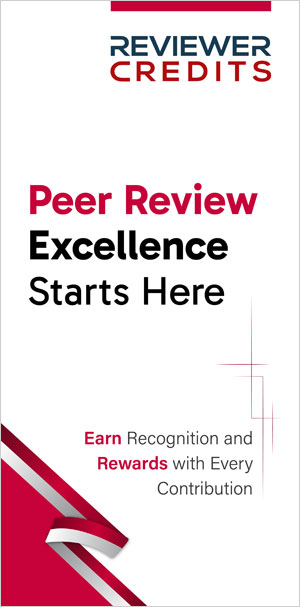AI-Assisted Peer Review: Balancing Integrity and Reviewing Speed

In today's rapidly evolving academic landscape, AI-assisted peer review has emerged as a promising solution to enhance the efficiency and quality of the reviewing process. However, striking the delicate balance between maintaining integrity and achieving faster reviewing times poses a significant challenge. In this article, we delve into the intricacies of AI-assisted peer review and explore how it can revolutionize scholarly publishing while upholding the highest standards of integrity.
AI-assisted peer review entails the integration of artificial intelligence technology into the traditional peer review process. Its primary purpose is to streamline and optimize the evaluation of scholarly manuscripts. By harnessing the power of AI algorithms, this approach aims to expedite the reviewing process, reduce biases, and ultimately improve the overall quality of published research. Some other major advantage it has is that AI-assisted peer review enables swift analysis and evaluation of manuscripts, reducing time for authors and reviewers. It minimizes biases, establishes objective evaluation criteria, and enhances reliability. AI algorithms detect errors, plagiarism, and inconsistencies effectively, maintaining integrity and academic rigor.
Integrity in AI-Assisted Peer Review:
Maintaining integrity in AI-assisted peer review requires specific measures to address challenges and mitigate biases. Transparency in algorithms is crucial, allowing reviewers to understand the decision-making process and avoid reliance on black-box algorithms. Addressing algorithmic biases, particularly related to gender, race, or institutional affiliations, is imperative through regular monitoring and refinement. Human expertise is essential for expert oversight, identifying nuanced errors, evaluating research significance, and providing contextual insights. Training AI models with high-quality data and feedback from experienced reviewers optimize the peer review process, while continuous calibration ensures alignment with scientific standards, enabling reliable outcomes.
Balancing Integrity and Reviewing Speed
To strike a balance between integrity and reviewing speed, several considerations should be taken into account. First, it is crucial for journals and conferences to establish clear and well-defined review guidelines that explicitly address both aspects. These guidelines should outline expectations for both human reviewers and AI systems, ensuring consistency and maintaining ethical standards. Secondly, flexibility in review timelines is essential, recognizing the diverse complexities and significance of different research areas. By adopting a tiered approach, expedited reviews can be conducted in urgent cases while still maintaining rigorous standards for significant contributions, achieving a balance between timely publication and thorough evaluation. Finally, the development and implementation of AI-assisted peer review systems should be viewed as an ongoing process of evaluation and improvement. Collaboration among researchers, developers, and stakeholders plays a vital role in fostering innovation, addressing emerging challenges, and refining AI algorithms to optimize both speed and integrity.
Conclusion:
AI-assisted peer review presents an exciting frontier in scholarly publishing. By leveraging AI algorithms, researchers can benefit from faster evaluation times, enhanced objectivity, and increased reliability. However, it is crucial to navigate this landscape thoughtfully and strike a delicate balance between integrity and speed. Through transparent algorithms, human expertise, and continuous improvement, the scientific community can harness the potential of AI-assisted peer review while upholding the highest standards of academic integrity. By embracing these advancements, we can accelerate the dissemination of knowledge and drive innovation in the pursuit of scientific excellence.
Keywords
academic integrity AI algorithms AI-assisted peer review AI-assisted peer review systems algorithmic biases data training ethical standards feedback integrity review guidelines reviewing speed transparent algorithms
Maryam Sayab is the Director of Communications at the Asian Council of Science Editors (ACSE) and Co-Chair of Peer Review Week. With a background rooted in research integrity and publication ethics, she actively works to advance regional conversations around responsible peer review, transparent editorial practices, and inclusive open science. Maryam is dedicated to building bridges between global publishing standards and the practical realities faced by researchers and editors, especially across Asia and the Arab world. She also supports initiatives that strengthen community-driven collaboration, ethical scholarship, and the sustainable development of research ecosystems.
View All Posts by Maryam SayabDisclaimer
The views and opinions expressed in this article are those of the author(s) and do not necessarily reflect the official policy or position of their affiliated institutions, the Asian Council of Science Editors (ACSE), or the Editor’s Café editorial team.



